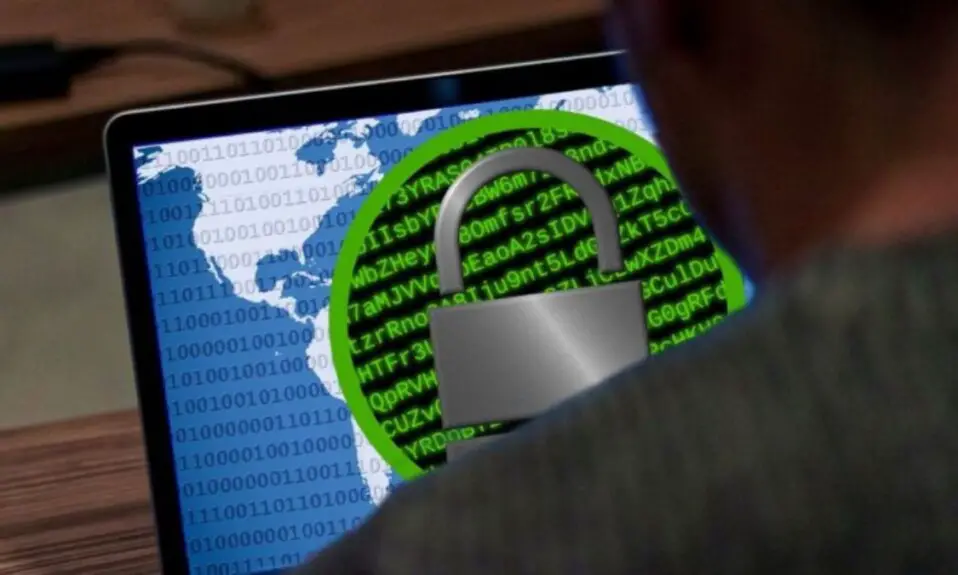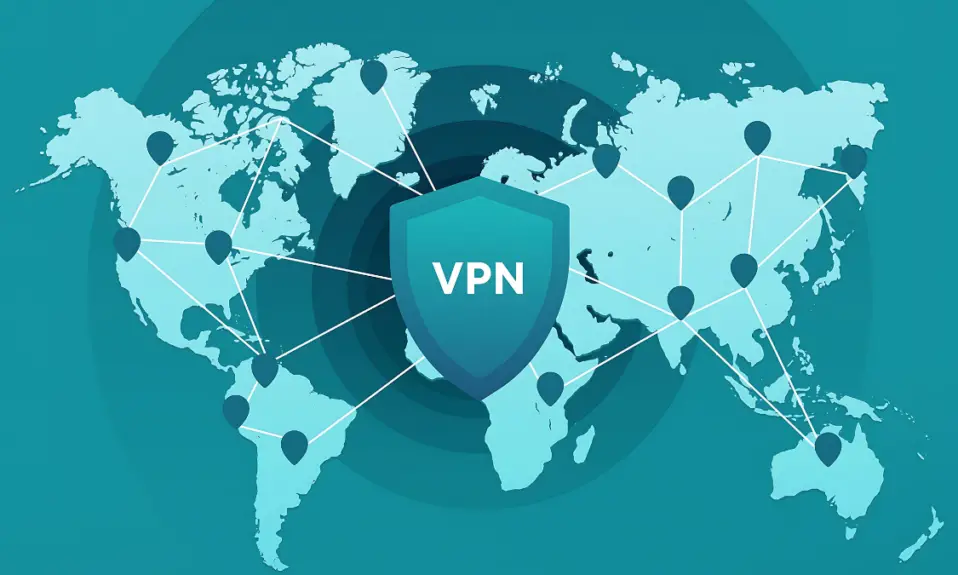
How many times when you are trying to open up a web page, a pop-up ad suddenly appears on your screen? Of course, you didn’t want you be there, it just does. It is most annoying, and at times, it can cause a great deal of damage to not only your computer but also put your online identity at risk. Now, the big question is why these problems appeared in the first place.
The answer is flat and straightforward – Malware. You see malware is primarily a program or some form of code built with the purpose of exacting information or indulging us in some activities that you may not require. Now, there can be hundreds of purposes Malware can perform, and it entirely depends on the developer or the company designing those. So, in this article, we will learn briefly what malware is, and then we will discuss various types of computer Malware available today.
What is Malware?
You can say malware is a malicious program designed to disrupt the flow of work. Now, some Malware can harm your home computer, while others are there to initiate a DoS in web-based servers.
You can make a list of different types of malware, such as computer viruses, spyware, trojans, and many more. What is constant is the purpose of engineering such a piece of tech – to harm digital devices or services.
Now, you can raise a question – how can anyone categorize malware? To answer that you must understand one particular thing – every malware has a sinister purpose that it carries out without you even noticing it. So, when you pay your bills online, it can capture that data and transmit it to others, which is a serious cybercrime.
Types of Computer Malware
One thing that we would like to say is that there are hundreds and thousands of malware types available today that serve several evil purposes. So, it is next to impossible to prepare a list of all malware.
Instead, we will mention those which are, first of all, common to the world and of course, are causing maximum damage today. So, here are the different types of computer malware:
1. Virus
A computer virus is one of the oldest forms of malware available. The fact that so many anti-virus companies exist today suggests the havoc it can cause. A virus is an infectious code, and it tends to replicate itself whenever it is active.
One thing that is common in every computer virus is it needs a host program to activate. So, when a virus is attached to a .exe file, it spreads the infections to other files, and this process continues. To protect your Windows computer, you can use the built-in Windows security tool.
2. Worms
Worms also share the same traits as a virus. They too replicate themselves to corrupt programs or slow down the system. However, there is a significant difference – unlike a virus that needs a host to work, worms can activate themselves and spread infections on your computer and networks. They are most dangerous when they get entry into the network computers.
3. Spyware
Spyware, as the name indicates, works as a spy for hackers. They can cause a great deal as they can steal your personal information without you even noticing.
Spyware works discreetly to collect data, which can be your credit or debit card details or your social network credentials. They are highly dangerous as they won’t slow down your computer or corrupt any program; they will smartly gather info and send it to hackers.
4. Trojan Horse
A trojan horse is a form of Malware that most internet researchers believe that is causing maximum damage in the digital world. The hackers design them with a particular feature that makes them harder to detect.
It can reside in an image file, a video file, or a doc file. Each trojan can be distinct from one other and can cause damage of any magnitude. Moreover, a trojan horse doesn’t need a host file to activate.
5. Logic Bombs
A logic bomb is one of the deadliest forms of malware in operation today. Some researchers proved the theory that it can even disrupt the hardware component to malfunction. You see logic bombs are not active all the time.
They only get triggered when the user starts a particular set of actions. This Malware can be catastrophic for servers that must stay in operation 24×7. They have a distinct feature that can overdrive the hardware. As a result, the hardware can overheat and crash down.
6. Ransomware
Everybody has some data that they don’t want to share or want to protect. What ransomware does is put the victim in a state of paying a ransom. In most cases, it is for the money. However, there are other forms of blackmail reports as well.
Either way, if you are the victim, you can’t access your computer or a particular network as they are encrypted. This is the job of the ransomware that a hacker plants to get in possession of your data. So, you don’t have any option apart from paying what the hacker wants.
7. Backdoors
There are hundreds of organizations that run their illegal operations using others’ computers, without them noticing. So, they can get into your computer without your consent. This is possible with the help of backdoor Malware.
A backdoor can sneak past your usual authentication and give access to hackers. Now, they can do whatever they want when they want. So, technically you are committing a crime without even noticing.
8. Rootkits
A rootkit works in conjunction with a backdoor. Let’s face it; every software and OS has its fair share of vulnerabilities. What a rootkit does is take advantage of those flaws, and tweak the security aspect of the OS. So, that creates a backdoor to take control of your computer or the entire network.
9. Keyloggers
When you set up a password, every security expert suggests an uncommon password and changes it frequently. Unfortunately, 50% of the active computer users do not follow this protocol and hence, pay the price.
Now, the keyloggers’ job is simple. They capture all those passwords and IDs that you type on your computer. Of course, they send these data back to the hacker so they can access those digital accounts without your consent.
Conclusion
As mentioned before, there are tons of different types of computer malware that anyone can suggest. However, we have talked about all the popular ones that we deal with every day. Luckily, there are malware protection software bundles available today. You can try Malwarebytes, it is one of the most popular tools to prevent your system from getting malware. So, we suggest you should get one and stay vigilant all the time.









